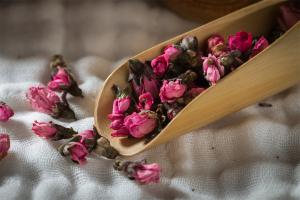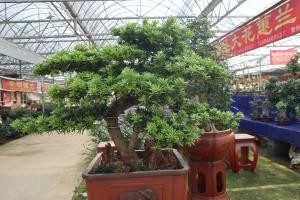Introduction
Begonia plants are popular houseplants known for their beautiful, colorful flowers and foliage. However, caring for a begonia plant can be a bit tricky if you're not sure what to do. In this article, we will provide you with essential tips on how to care for a begonia plant.
Lighting and Temperature
Begonias prefer bright, indirect light. Direct sunlight can damage their leaves and cause the flowers to fade. Keep your begonia plant in a spot that gets bright but filtered light, or a few feet away from a south-facing window.
Temperature is another crucial factor for begonias. They prefer moderate temperatures, between 60-75掳F. Keep your begonia plant away from cold drafts or sudden temperature changes, as this can cause the leaves to drop.
Watering and Humidity
The watering needs of begonia plants vary depending on the type of begonia and the growing conditions. Generally, they require consistent moisture, but not waterlogging. Water your begonia plant when the top inch of soil feels dry, and make sure to empty any excess water from the saucer under the pot.
Begonias also prefer high humidity. If the air in your home is dry, consider using a humidifier or placing a tray of water near the plant. Avoid misting begonias, as this can lead to fungal infections.
Soil and Fertilizer
Begonia plants thrive in a well-draining soil mix that is rich in organic matter. You can use a commercial potting mix or make your own by combining equal parts of peat moss, perlite, and vermiculite.
Fertilizing begonias is essential for promoting healthy growth and flowering. Use a balanced, water-soluble fertilizer every two weeks during the growing season (spring and summer), and reduce fertilization during the dormant season (fall and winter).
Pests and Diseases
Begonia plants are susceptible to a few pests and diseases, including spider mites, mealybugs, and powdery mildew. Keep an eye out for any signs of infestation, such as webbing, white spots, or yellowing leaves.
To prevent pest and disease problems, make sure to provide your begonia plant with proper care, including adequate lighting, watering, and humidity. You can also use organic pest control methods, such as neem oil or insecticidal soap.
Conclusion
In conclusion, caring for a begonia plant requires attention to lighting and temperature, watering and humidity, soil and fertilizer, as well as pest and disease prevention. By following these essential tips, you can enjoy a thriving and beautiful begonia plant in your home for years to come.

 how many times do yo...
how many times do yo... how many planted tre...
how many planted tre... how many pine trees ...
how many pine trees ... how many pecan trees...
how many pecan trees... how many plants comp...
how many plants comp... how many plants can ...
how many plants can ... how many plants and ...
how many plants and ... how many pepper plan...
how many pepper plan...































